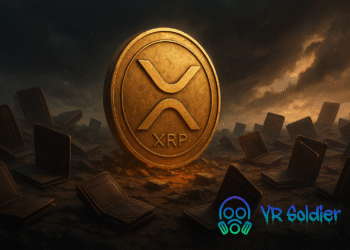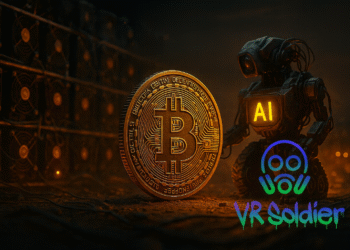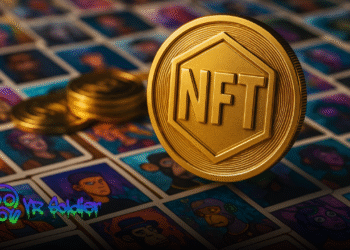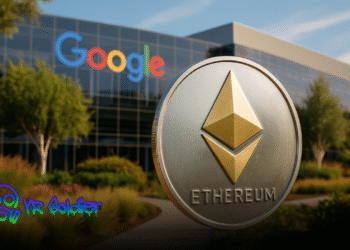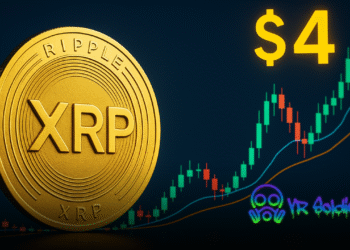At the end of March, the US Securities and Exchange Commission (SEC) came with inspections to the Ethereum Foundation. Many members of the crypto community became wary and suspected that the regulator wanted to recognize ETH as a security. However, experts believe it won’t succeed. On the other hand, and In a groundbreaking move towards transforming the e-commerce landscape, Mallconomy announces the launch of its $WOOT Token Sale, marking a significant milestone in its mission to revolutionize online shopping.
The SEC did not previously consider Ethereum a security!
In 2018, William Hinman, then director of the SEC’s Division of Corporate Finance, made an important announcement. In it, he indicated that Ethereum cannot be considered a security. “Leaving aside the fundraising that accompanied the creation of Ethereum, based on my understanding of the current state of Ethereum, the network itself and its decentralized structure, the current offerings and sales of Ethereum do not constitute securities transactions,” Hinman said.

This historical position of the Commission is the main argument against recognizing ETH as a security. The regulator did not officially reject Hinman’s opinion. Therefore, the current status of Ethereum (as not a security) can be considered the only correct one.
CFTC considers ETH a commodity
The Commodity Futures Trading Commission (CFTC) is the only US regulator that does not change its opinion regarding the status of ETH. Relatively recently, as part of a civil case regarding the KuCoin crypto exchange , the department classified Ethereum as a commodity, thereby finally classifying the asset.
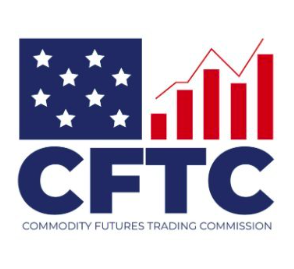
“KuCoin solicited and accepted orders, accepted collateral, and operated a facility for trading futures, swaps, and credit, margin, or financed retail trades in digital assets that are commodities, including Bitcoin ( BTC ), Ethereum, and Litecoin ( LTC ).” ,” the CFTC said in a statement. Moreover, this classification helps to better understand ETH and determine its regulation. She also emphasizes that the role and functions of the second cryptocurrency are different from securities. On the other hand, according to a Consensys spokesperson, Ethereum operates within the regulatory framework applicable to commodities. However, both the CFTC and the SEC actually consider the asset to be a commodity, not a security.
“The SEC has been clear for several years that Ethereum is a commodity. Therefore, I do not think it is necessary to dig further than the consistent statements of the CFTC and past statements of the SEC to reach the correct conclusions,” the Consensys representative added.
Ethereum: Decentralization and open protocol
The essence of Ethereum architecture is its decentralization. Securities are usually managed by a central organization. The network of the second cryptocurrency operates on a blockchain , and all information contained in it is always in the public domain. In addition, the Network management and all operational protocols are in no way dependent on a centralized group. That is, there is no information asymmetry. Moreover, the main reason for classifying an asset as a security is to protect investors from that very asymmetry.
“There is no doubt that Ethereum is decentralized. There is no central issuer or core development group that has privileged inside information. Ethereum is a kind of common enterprise that must exist to ensure security,” a Consensys representative emphasized in a recent interview.
MallCard NFTs and the Power of The Community of Mallconomy
With over 3017 MallCard NFTs already minted and a robust community of over 60,000 MallStars, Mallconomy has demonstrated its ability to foster a vibrant and engaged ecosystem.

The MallCard NFT holders enjoy exclusive benefits, including the opportunity to register on the MallStar App, activate staking, and receive additional tokens. Furthermore, MallCard holders are poised to reap even more rewards through special airdrops after the token claiming stage. By minting MallCard NFTs, users can enhance their earnings and become integral members of the Mallconomy community.
Unveiling the Future of Shopping with Mallconomy $WOOT Token
The $WOOT Token serves as the native token of the Mallconomy ecosystem, operating as an ERC-20 token on the Ethereum Smart Chain with a maximum supply of 4 billion tokens. As Mallconomy prepares for the public launch of $WOOT tokens post-presale, enthusiasts are eagerly awaiting the opportunity to claim their tokens and participate in the ecosystem’s growth. Stay tuned for updates on the token claiming process and announcements regarding its listing on prominent CEXs and DEXs, where $WOOT will be tradable.
Mallconomy’s $WOOT Token Sale represents a pivotal moment in the evolution of e-commerce, offering users the chance to be part of a dynamic ecosystem poised for exponential growth. With MallCard NFTs and the $WOOT Token at the helm, Mallconomy is paving the way for the future of online shopping.



